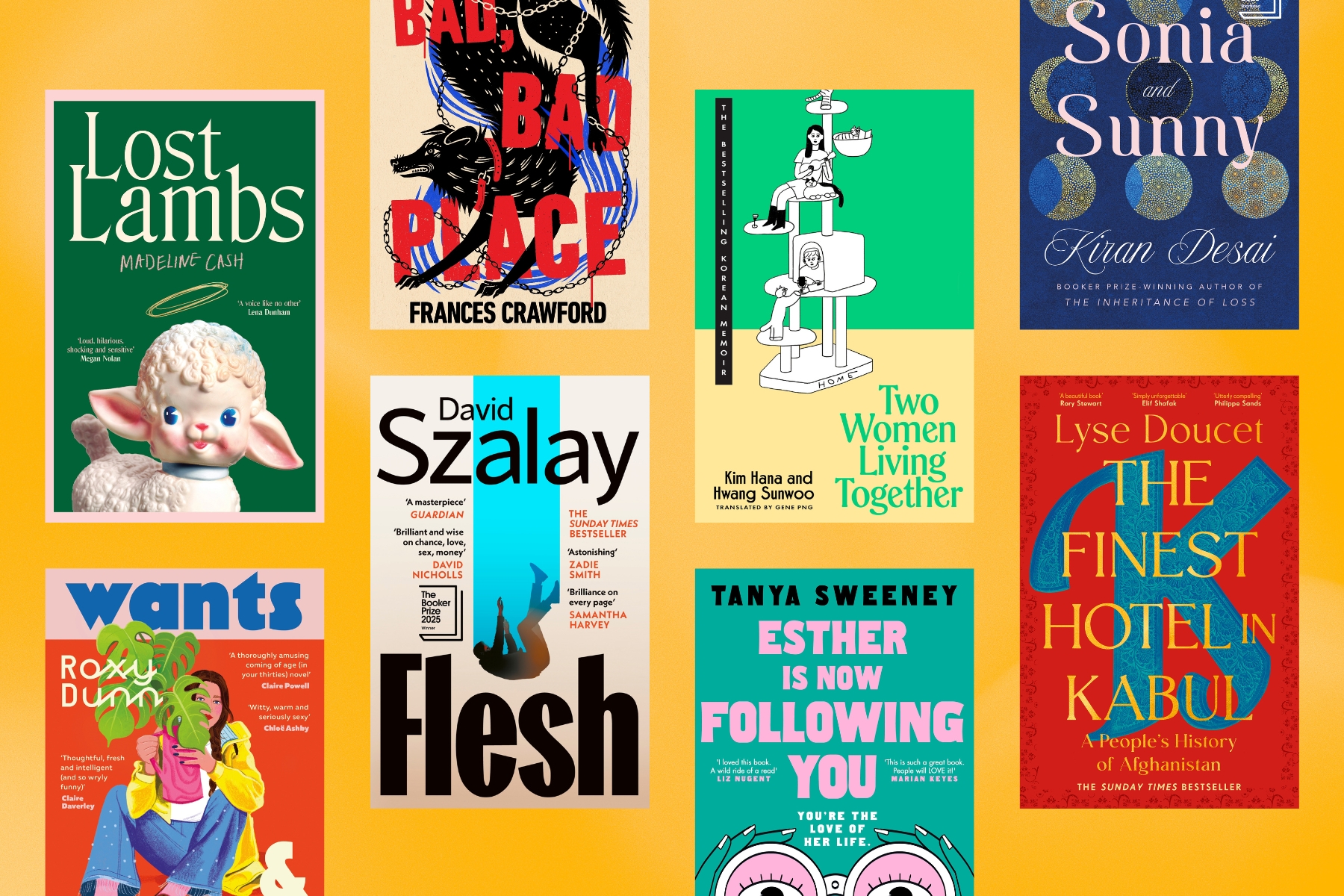Popular reads for your book club in 2026

Reading is often a solitary experience, so there's something truly joyous about getting together with a group of like-minded (or not-so-like-minded) readers, cracking the spine of a new novel and having a good discussion.
But how should you decide which book to discuss? A great book club book isn’t just a good story – it’s one that sparks questions. Whether it has morally grey characters, a shocking twist, a fresh perspective or a deeply personal narrative, the best book club picks invite debate, not just agreement. You want books that encourage conversation about relationships, politics, identity, memory, power, or what makes a brilliant read.
We’ve rounded up some of our favourite titles – from recent releases to tried-and-true classics – that are guaranteed to get everyone talking. There's plenty to chew over, along with whatever nibbly bits you serve up. So, whether you're looking for a modern romance, a literary classic, or a multi-layered thriller, there's something for everyone in our list below of the best book club suggestions for 2026.
Books with complex characters
Crime and mystery
Love and romantic relationships
Read more: Best romance books for ultimate escapism
Prize-winning fiction
Short reads
Classics
Non-fiction and memoir
How do I choose a good book club book?
The best book club picks invite conversation – whether through layered characters, moral dilemmas, big themes or a brilliant twist. Think about what your group enjoys: are you in the mood for a contemporary page-turner, a classic with depth, or something short and thought-provoking? Look for books that raise questions, explore different perspectives, and leave a little room for disagreement. A great book club book doesn’t just entertain – it gives you something to talk about. Discover more tips in our guide to setting up an online book club and our ultimate list of book club questions.